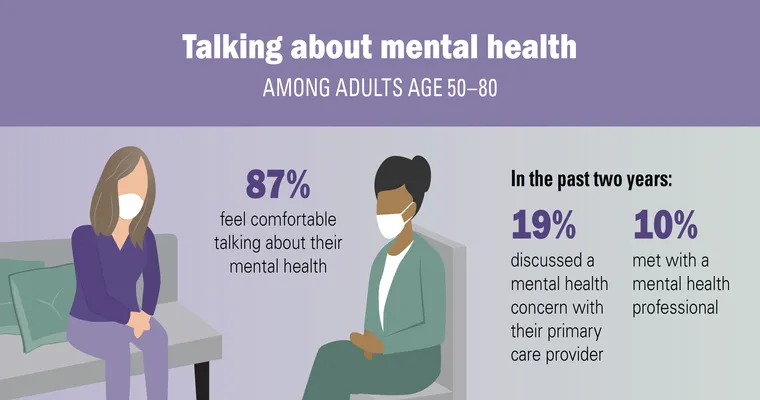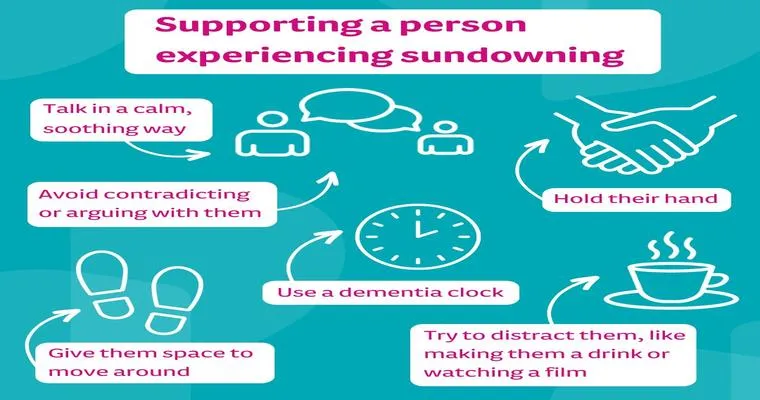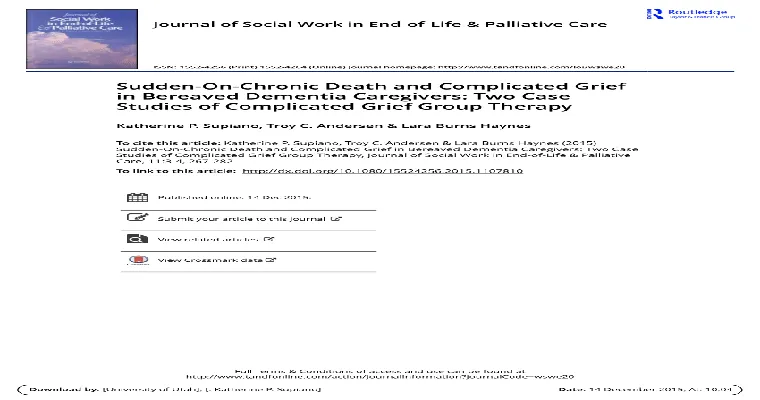In the world of "caregiving", the emotional and mental well-being of both caregivers and those they care for can significantly impact the overall experience. One pressing issue that often arises is the notion that "anxiety" can be contagious. When caregivers experience stress and anxiety, it can easily transfer to their loved ones, creating a cycle that may exacerbate the situation. Understanding how this contagion works is crucial for fostering a healthy environment for both caregivers and care recipients.
The relationship between caregivers and those they care for is inherently emotional. Caregivers often bear the weight of their responsibilities, and when they feel overwhelmed, their anxiety may manifest in various ways. This emotional state can be sensed by the person receiving care, resulting in increased "stress" for both parties. It is essential to recognize that a caregiver's fear or worry can unwittingly influence the feelings of their loved ones, leading to a heightened sense of "vulnerability" and unease.
Several factors contribute to the anxiety contagion phenomenon in caregiving. First, caregivers may struggle with feelings of inadequacy, fearing that they are not providing the best possible care. This self-doubt can create a tense atmosphere, making the care recipient feel insecure or anxious about their situation. When caregivers openly express their concerns, it can lead to a shared anxiety that permeates the caregiving environment.
Moreover, the nature of caregiving itself can be a source of "stress". Caregivers often face numerous challenges, including physical demands, emotional fatigue, and the pressure to meet the needs of their loved ones. When caregivers are overwhelmed, they may unintentionally project their anxieties onto those they care for, resulting in a cycle of "negative emotions". This cycle can be particularly pronounced in situations where the care recipient is already dealing with their own challenges, such as chronic illness or cognitive decline.
To mitigate the contagious nature of anxiety in caregiving, it is essential for caregivers to prioritize their mental health. Engaging in self-care practices, such as mindfulness, exercise, and seeking support from friends or professionals, can help caregivers manage their stress levels. By taking care of their own emotional well-being, caregivers can create a more positive atmosphere, ultimately benefiting both themselves and their loved ones.
Additionally, open communication between caregivers and care recipients can help address anxieties directly. By discussing feelings and concerns, both parties can find reassurance and support in each other. This dialogue can foster a sense of teamwork, allowing caregivers to feel more confident in their abilities while helping care recipients feel more secure.
In conclusion, "anxiety" in caregiving can be contagious, affecting both caregivers and those they care for. By acknowledging the emotional dynamics at play and taking proactive steps to manage stress and enhance communication, caregivers can break the cycle of anxiety. Prioritizing mental health and fostering a supportive environment will lead to a more positive caregiving experience, benefiting everyone involved.





